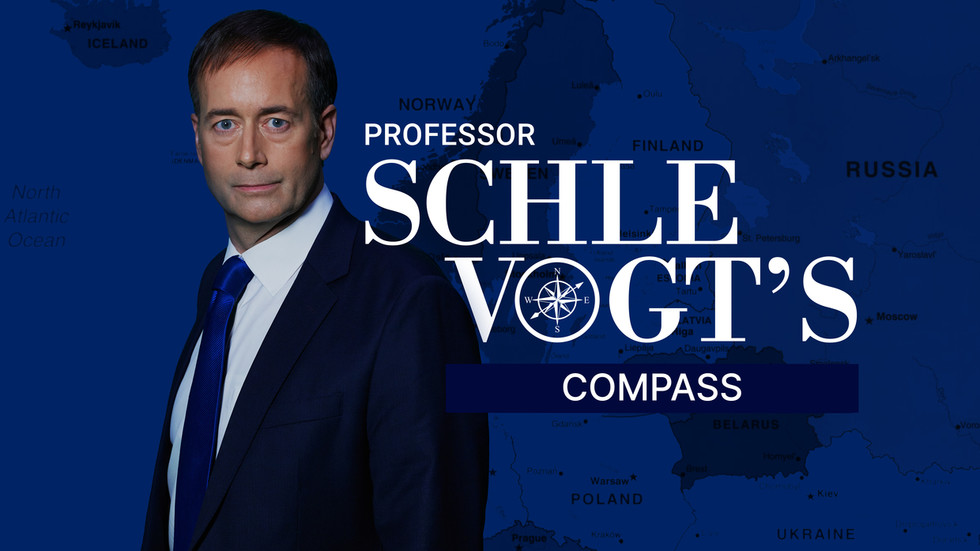Pope Francis’ Legacy: A Critical Examination of His Papacy
As the world reflects on the papacy of Pope Francis, a critical evaluation of his leadership is essential. Despite being hailed as an inclusive reformer, Pope Francis’ actions have been marked by selective moral emphasis and partial judgment. His emphasis on mercy, while commendable, has often been accompanied by a lack of emphasis on repentance and redemption.
The Pope’s approach to sin has been characterized by a reluctance to confront its severity, instead focusing on dialogue and synods. This has led to a sense of imbalance in his ministry, with some critics arguing that he has abandoned his duty as the Church’s chief healer of souls. The parable of the prodigal son, as depicted by Rembrandt, serves as a powerful reminder of the importance of repentance and redemption.
Pope Francis’ Synod on Synodality, launched in 2020, aimed to create a more participatory and inclusive Church. However, the process has been criticized for its emphasis on sentiment over theological discernment, with some arguing that it has led to a watering down of doctrine and a lack of clarity on key issues.
The Pope’s leadership style has also been compared to that of a shepherd who surrenders his authority to the whims of his flock. This approach has been criticized for being at odds with the traditional understanding of the Church’s role as a transcendent spiritual and moral authority.
Historical precedents, such as the Protestant Church’s response to National Socialism in Germany, serve as a cautionary tale about the dangers of doctrinal malleability and conformity to secular values. The Catholic Church’s response to these challenges will be crucial in determining its future trajectory.
Ultimately, a critical examination of Pope Francis’ papacy reveals a complex and nuanced picture. While his emphasis on mercy and inclusivity has been welcomed by many, his approach to sin and doctrine has raised important questions about the Church’s role in the modern world. As the Church continues to evolve, it is essential that its leaders remain committed to upholding the truth and guiding their flock with clarity and conviction.
